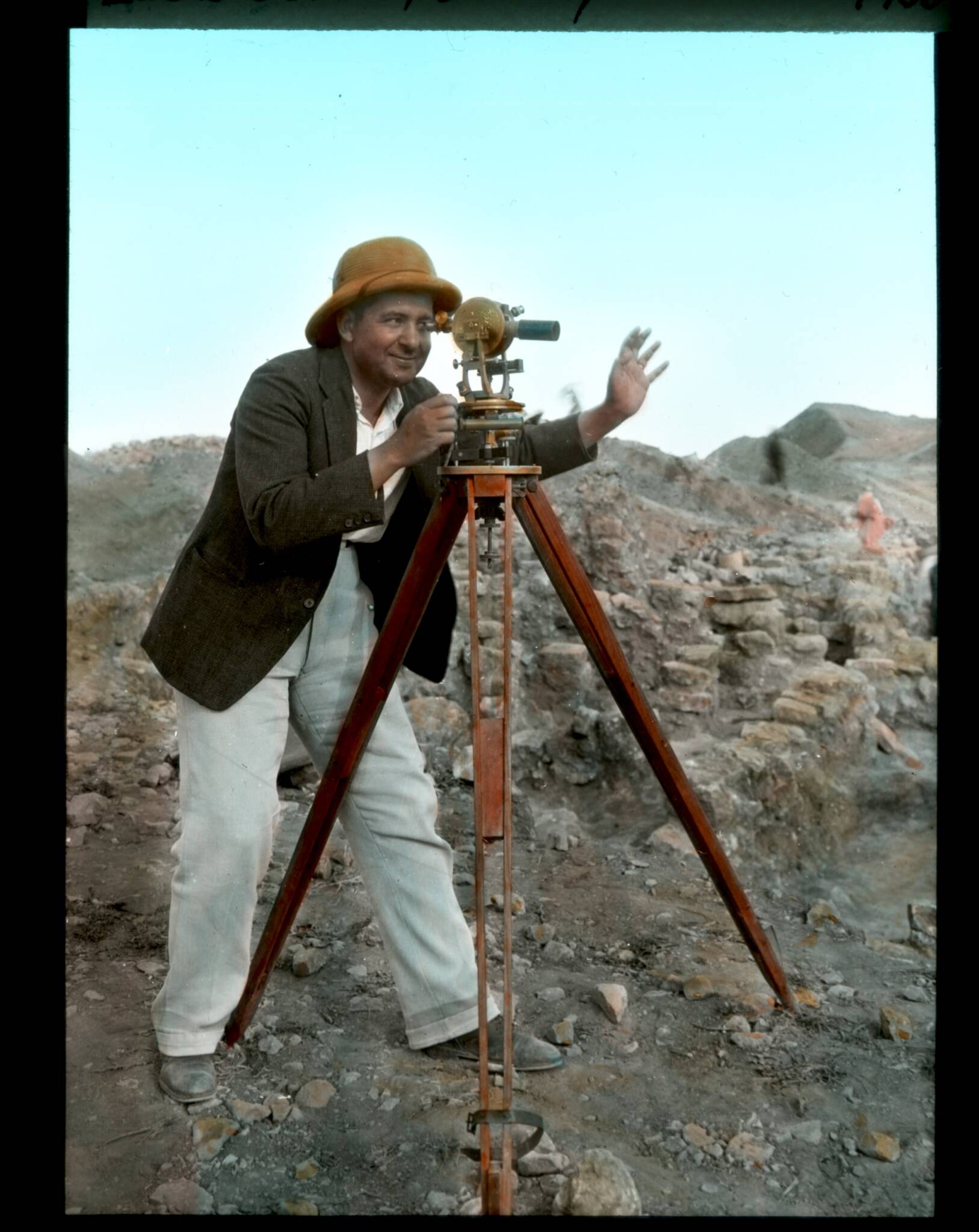
Archive Archaeology: The Invisible Hands of Colonial-Era Excavations in the Middle East
Melissa Cradic, University at Albany, State University of New York
Mon, 4/7 · 4:30 pm—6:00 pm · 010 East Pyne
Program in Archaeology; Archaeological Institute of America (AIA)

The Badè Museum of Archaeology (Berkeley, California, USA) houses an extensive collection of early 20th century archaeological archives that document excavations at Iron Age site of Tell en-Naṣbeh (Ramallah, Palestine). Until recently, their use has been limited to addressing questions about archaeological methods and evidence to shed light on the ancient settlement. This talk presents the recent rediscovery and critical reevaluation of their rich and complex histories of production, disposition, use, digitization, and curation. It focuses on accidents of preservation, intentional acts of silencing, and embedded biases within these records that have skewed understanding of the excavations and their role in early archaeology in the region more broadly. The written records in particular represent the perspective of the project’s American leaders while giving little or no voice to the large and diverse body of knowledge contributors–skilled and unskilled men and women from the USA, Egypt, and Palestine –who excavated the site; sorted and processed the finds; documented excavation contexts; mapped and surveyed landscapes and archaeological remains; illustrated objects; and produced published site plans. In contrast, the photographic and film records capture the faces, labor, effort, and diversity of this workforce in vivid detail, providing a valuable source of information for constructing a new life history of the excavations.















